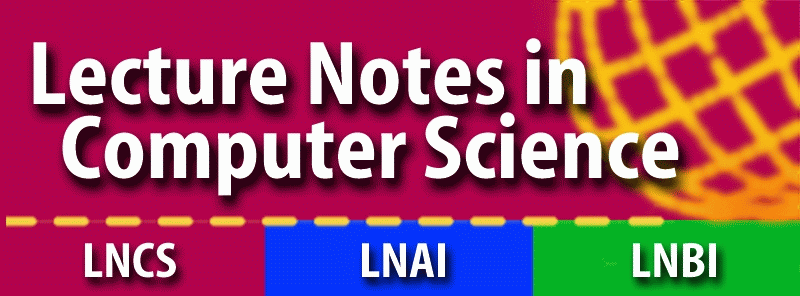· Article submissions deadline:
· Conference celebration:
March 1st 2016
· Notification of acceptance:
March 21st 2016
· Final version of articles:
April 13th 2016
June 15-17th 2016
Authors of scientific papers should follow the submission guidelines and send their contributions to easychair platform.
Authors should register before April 10th. On line registration open until June 8. Register here.

The proceedings of the conference will be published in Springer LNCS.

Click here for instructions on camera ready papers.

Today’s landscape of research is really varied and specialized at the same time. Many daily advances appear relating telecoms, health, information technologies, transport, and a countless list of interesting domains. This conference makes a multidisciplinary unique event devoted to a hot topic: the revolution to occur in our cities.
Nowadays, cities evolve rapidly, as a response to the big number of people who already live or plan to live in them (up to 70% of world population in 2050). This provokes a growth of the demand of new services, as much as it creates new challenges to city managers and frustrates citizens who see their commodity, health, and economy negatively affected by the shortage of proper solutions.
There exists then a new domain of work, either for research, development, and innovation, consisting in addressing the very complex problems that appear in our cities. The "Smart City" term has recently born as a worldwide joint effort aiming at achieving a holistic (integral, coordinated, global) management of resources that hopefully will satisfy three main players: citizens, city managers, and the companies deemed to actually implement the solutions.
One capital issue in smart cities not to be underestimated is the holistic nature of all problems and solutions, way beyond the up-to-now too much focused studies in one part of it. Countless interactions exist between a problem, a service solving it, its users, its managers, and providers. Many horizontal implications exist (relation to other parts or services) as well as many vertical approaches for a solution can be offered (with possibly different quality of service).
This conference welcomes researchers, practitioners, companies, governmental and individual participation around the products and services that will shape our future digital cities. There is a clear goal here in presenting new results, either coming from research, development and innovation, to create an international pole of attraction for people (and knowledge) who will enhance their scientific and practical know-how on the many different niches of work in smart cities.
So, we encourage submissions in the following domains (not excluding others):
We publish in Lecture Notes in Computer Science (LNCS, Springer) and this will be the format of articles in this conference.